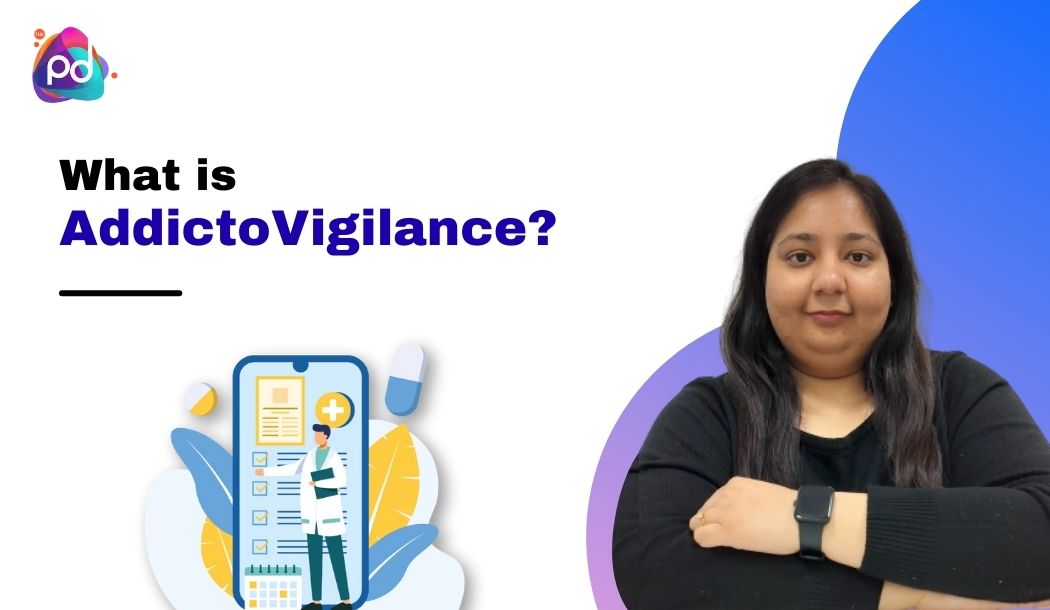
Addictovigilance: Safeguarding Communities from Addictive Products 🛡️
Introduction
As the consumption of addictive products increases, the importance of addictovigilance—a system to ensure the safety of these products—becomes more critical. This blog delves into the pivotal role of addictovigilance in making communities safer by monitoring the safety and use of addictive substances.
Understanding Addictovigilance 🤔
- Definition and Scope: Addictovigilance refers to the health vigilance system focused on the use of medicinal or illicit psychoactive substances that are prone to abuse or addiction. It involves systematic data collection, toxicological analysis, and monitoring to evaluate drug dependence and misuse.
- Key Players: In France, the French Addictovigilance Network (FAN) and general practitioners play vital roles in the operation and effectiveness of this system.
The Vital Role of Addictovigilance 🌟
- Monitoring and Data Collection: Addictovigilance systems collect and analyze data on drug dependence and misuse, which is crucial for assessing public health risks and improving policy and practice.
- Public Health Impact: By providing expertise and advice to health authorities and identifying risks, addictovigilance supports public health interventions and helps in shaping substance use disorder (SUD) treatment and prevention strategies.
Contributions to Public Health Policy 🔄
- Data-Driven Insights: The data collected aids policymakers in tailoring interventions to combat substance abuse effectively.
- Risk Assessment and Management: This helps in developing strategies and preventive measures to mitigate risks associated with psychoactive substances.
- Designing Public Health Interventions: Insights into substance abuse patterns and impacts guide the development of targeted interventions.
- Stakeholder Collaboration: Addictovigilance fosters cooperation among healthcare professionals, researchers, and policymakers, enhancing policy development.
- Informing Policy Recommendations: Recommendations based on thorough data analysis guide regulatory measures and harm reduction initiatives.
Overcoming Challenges: From Problems to Solutions 🔍
- Treatment Access and Effectiveness: Addressing the shortage of SUD treatment facilities, especially in rural areas, to ensure broader access to necessary services.
- Combating Stigma: Reducing stigmatization of individuals with SUD to encourage more people to seek treatment.
- Improving Support and Follow-Up: Enhancing follow-up procedures to maintain treatment continuity and support recovery.
- Financial and Workforce Challenges: Simplifying the financing of treatment and addressing workforce issues to improve the quality and continuity of care.
- Navigating Privacy and Data Sharing: Adjusting privacy policies to facilitate better coordination of care among healthcare providers without compromising patient confidentiality.
The Future of Addictovigilance 🚀
- Technological Advances and Consumer Trends: Exploring how technological developments and changing consumer behaviors are shaping the future strategies and practices in addictovigilance.
Conclusion and Call to Action 📢
Addictovigilance is essential not only as a regulatory necessity but as a commitment to enhancing consumer safety and product excellence. We encourage you to participate in this crucial conversation by sharing your insights, experiences, or questions. Let’s collaborate towards a safer future. 🌍




